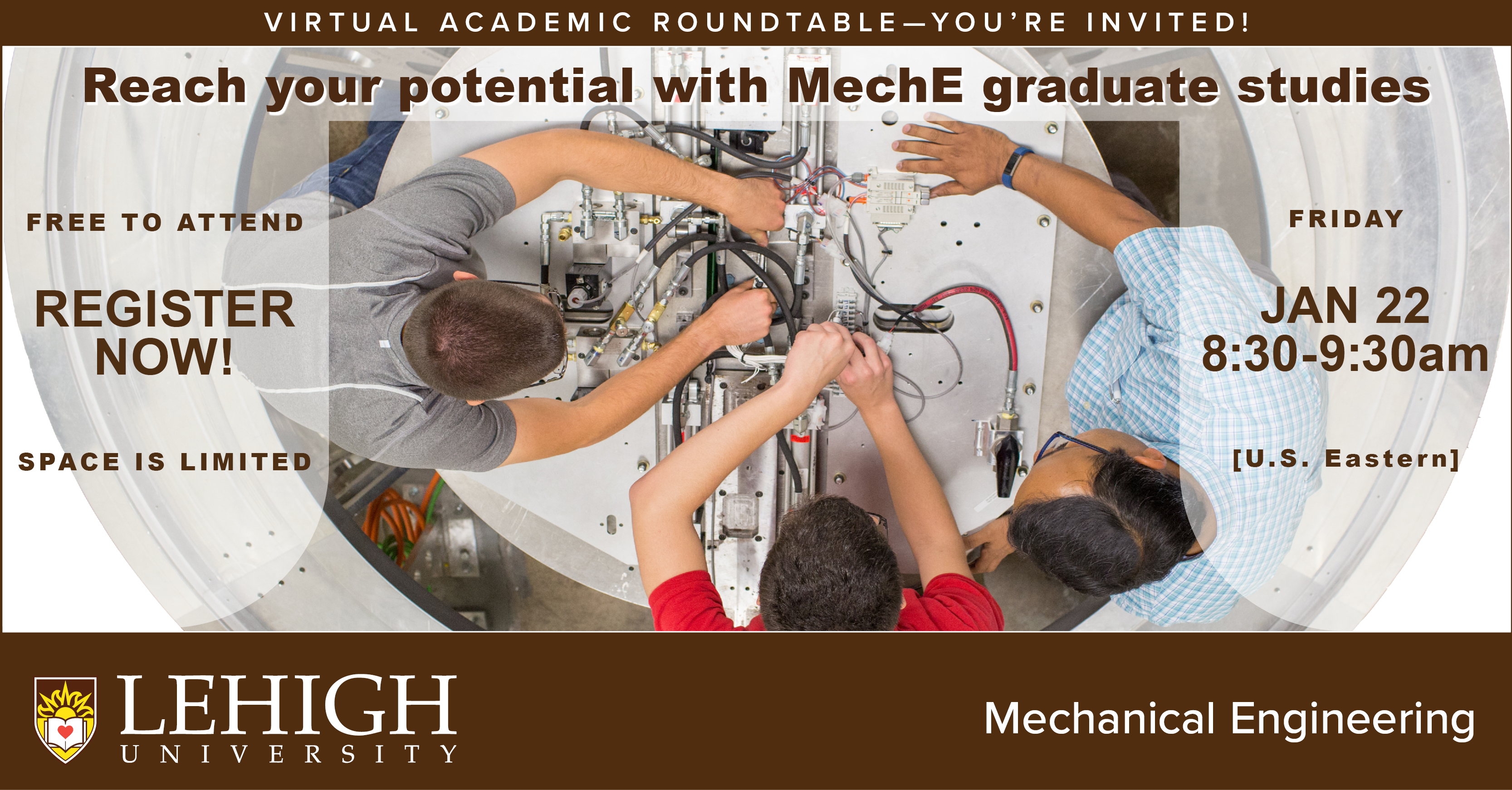Frangopol awarded 2021 ISHMII Mufti Medal for lifetime achievement in civil structural health monitoring
The International Association of Structural Health Monitoring of Intelligent Infrastructure (ISHMII) has honored Dan M. Frangopol, the inaugural Fazlur R. Khan Endowed Chair of Structural Engineering and Architecture at Lehigh University, with the 2021 Aftab Mufti Medal for lifetime achievement in civil structural health monitoring.

